The cyberthreat to the healthcare sector has grown significantly in the past decade, along with the sophistication of cyberattacks. Both business and the government are aware of this new era. Automation, interoperability, and data analytics might improve things, but they can also make things more vulnerable to malevolent cyberattacks. Cyberattacks are a particular worry for the healthcare industry because they can directly endanger patient safety and health in addition to system and data security. Cybercriminals frequently target healthcare organisations, no matter how big or little. The increase in cyberattacks targeting the healthcare industry is a sign that cybercriminals are preying more frequently on smaller healthcare providers. Many small healthcare providers are unable to survive these attacks and feel forced to shut down their operations because they are unable or unable to pay hefty ransoms. These professionals are completely aware that paying a ransom demand in no way ensures the release of data or equipment from the hacker. Additionally, it does not guarantee that they won’t sell yours patients’ data on the dark web.

All of the cybersecurity concerns that any firm faces as well as particular difficulties specific to the healthcare industry exist. They must defend against attacks on their endpoints, databases and networks. They are in charge of safeguarding the confidential financial and medical data of their patients and staff. They frequently defend priceless intellectual property. They also face difficulties that few other companies do. Over the past ten years, the number of connected medical devices has skyrocketed. Today, almost all medical devices are web-enabled or linked to the organisation’s operational network.
Some of the challenges faced in healthcare cybersecurity are:
Very few healthcare professionals are unaware of the significant cybersecurity concerns that the sector is facing. It has not gone unnoticed that they are the business sector that is most frequently assaulted.
Adopting ISO 27001 gives the medical sector a competitive edge and fosters confidence with partners, stakeholders and patients. A methodical approach to handling sensitive information, risk assessment and the deployment of suitable security controls are key elements of ISO 27001 for medical device manufacturers. ISO 27001 provides a framework to reduce the risks associated with cyber threats and data breaches.
EU GDPR ensures the protection of patients’ sensitive and personal data, promoting trust and confidentiality. GDPR compliance encourages transparency and accountability, requiring healthcare providers to inform patients about their data processing activities and obtain their consent. This empowers patients by giving them more control over their personal information and enhances their overall privacy rights.
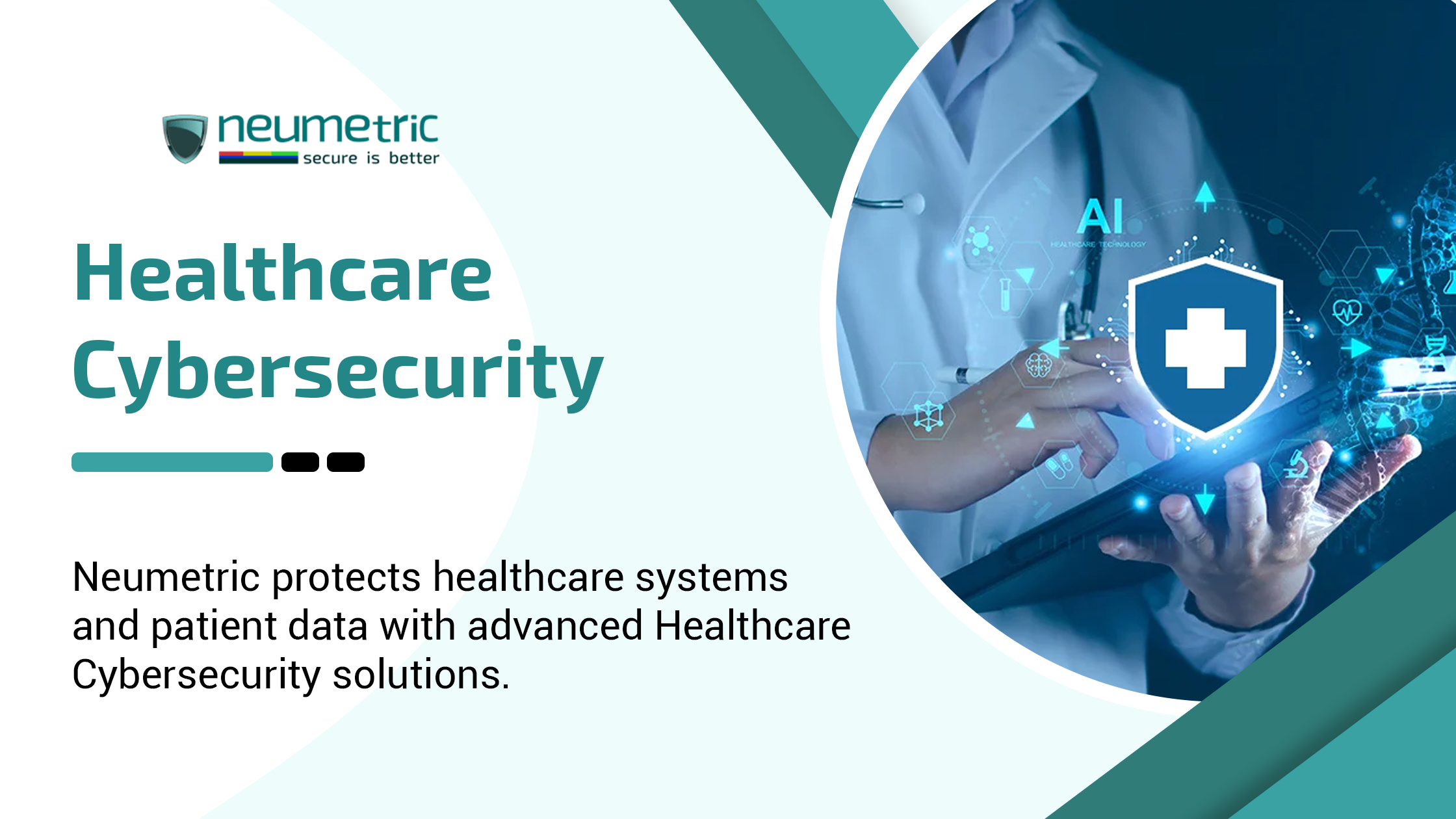
We will review your current policies, procedures, and system architecture to ensure that they are compliant with the requirements of the Standard or Regulation you choose.
We will train your team on how to manage a compliant infrastructure and comply with all audit requirements during audits by external parties such as customers or regulators.
We conduct an annual Risk Assessment to determine the current state of your IT infrastructure and recommend improvements to it. We will conduct a gap analysis between the existing policies, procedures, and system architecture with the requirements of Standard or Regulation you choose.

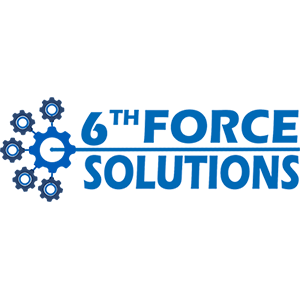









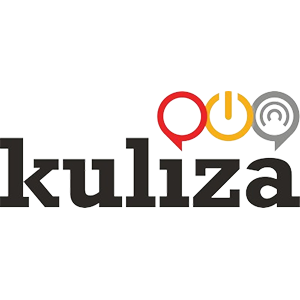


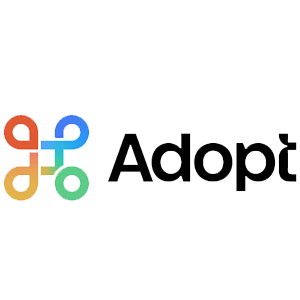
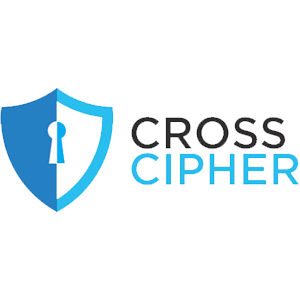











Extensive experience in providing solutions for your Cybersecurity, Compliance, Governance, Risk & Privacy objectives!
Ensuring a robust Security Posture & Regulatory Compliance across various Frameworks & diverse Industries.
"Implementing & monitoring extensive Control Frameworks tailored to your business needs… "
Discover our comprehensive cybersecurity services tailored for the fintech industry. Safeguard your financial technology infrastructure with our expert solutions. Enhance your fintech’s resilience and trustworthiness with our cutting-edge cybersecurity expertise.
Secure your SaaS platform and customer data with our comprehensive cybersecurity services. Ensure compliance with industry standards & regulations while maintaining the trust & confidence of your clients. Partner with us to fortify your SaaS infrastructure and mitigate cyber risks, enabling your business to thrive in the digital landscape.
Healthcare cybersecurity refers to the practices, measures, and technologies implemented to protect healthcare systems, networks, devices, and sensitive patient data from cyber threats and unauthorised access. It involves safeguarding electronic health records [EHRs], medical devices, telemedicine platforms, and other digital healthcare infrastructure from data breaches, ransomware attacks, malware infections, and other malicious activities. Healthcare cybersecurity aims to maintain the confidentiality, integrity, and availability of patient information, ensuring its privacy and preventing any disruptions to critical healthcare services. This field encompasses various strategies, including risk assessments, security policies and procedures, network and system monitoring, access controls, encryption, employee training, and incident response planning, all aimed at reducing vulnerabilities and mitigating potential cybersecurity risks in the healthcare industry.
Cybersecurity threats in healthcare include data breaches (unauthorised access to patient information), ransomware attacks (malicious software demanding ransom for data release), phishing and social engineering (deceptive tactics to trick healthcare employees), insider threats (misuse or disclosure of patient data by authorised individuals), malware infections (malicious software compromising systems), DDoS attacks (overwhelming networks), medical device vulnerabilities (exploitation of device weaknesses), unauthorized access (breaches in access controls), third-party risks (vulnerabilities in vendors), and lack of security awareness and training. These threats jeopardise patient privacy, data integrity, and healthcare services, necessitating robust cybersecurity measures in the industry.
In healthcare, different types of security measures include physical security (protecting physical assets and restricting access), network security (securing computer networks and systems), data security (ensuring confidentiality, integrity, and availability of patient data), application security (protecting software and applications from vulnerabilities), and user access management (controlling and monitoring user access to systems and data). These measures collectively aim to safeguard sensitive patient information, prevent unauthorised access, and mitigate cybersecurity risks in the healthcare industry.
Cybersecurity in healthcare is particularly challenging due to various factors. The healthcare industry deals with vast amounts of sensitive patient data, making it an attractive target for cybercriminals. Additionally, the increasing adoption of connected medical devices and the complexity of healthcare IT systems create multiple entry points for potential attacks. Limited budgets and resources, lack of cybersecurity expertise among healthcare professionals, and the need to balance patient care with security measures further contribute to the difficulty of implementing robust cybersecurity practices in healthcare.


